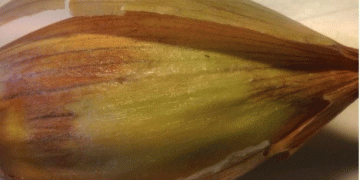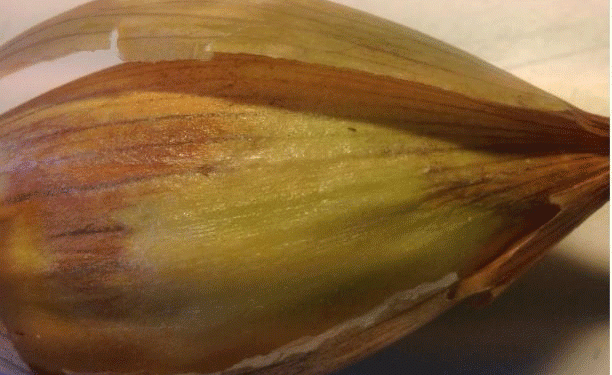On May 20, 2025, Russian agricultural inspectors (Rosselkhoznadzor) detected the Western flower thrips (Frankliniella occidentalis) in two shipments of white cabbage (totaling 40 tons) and one batch of onions (20 tons) imported from Kazakhstan. This invasive pest is a significant threat to vegetable and ornamental crops, capable of transmitting harmful plant viruses, including Tomato spotted wilt virus (TSWV), which causes tomato bronzing disease—a major concern for tomato growers worldwide.
Why Western Flower Thrips Are a Serious Concern
- Highly Destructive: According to the European and Mediterranean Plant Protection Organization (EPPO), this pest affects over 500 plant species, including key crops like peppers, cucumbers, and lettuce.
- Virus Transmission: Research from the University of California Agriculture and Natural Resources (UC ANR) shows that Western flower thrips are primary vectors for tospoviruses, leading to yield losses of 30-50% in infected fields.
- Economic Impact: The Food and Agriculture Organization (FAO) estimates that invasive pests cause $220 billion in global agricultural losses annually, with thrips being among the most damaging.
Immediate Actions Taken
Rosselkhoznadzor issued a quarantine notice, requiring the importers to take immediate measures to prevent further spread. The agency emphasized the need for stricter border controls and enhanced phytosanitary inspections to avoid similar incidents.
Preventive Measures for Farmers and Agronomists
- Regular Monitoring: Use blue or yellow sticky traps to detect early thrips infestations.
- Biological Control: Introduce natural predators like Amblyseius cucumeris (a predatory mite) or Orius insidiosus (pirate bugs).
- Chemical Management: If necessary, apply spinosad or pyrethrin-based insecticides, but rotate modes of action to prevent resistance.
The detection of Western flower thrips in imported vegetables highlights the urgent need for stronger biosecurity measures in international trade. Farmers, agronomists, and policymakers must collaborate to enforce strict quarantine protocols and adopt integrated pest management (IPM) strategies to safeguard crop health and food security.































